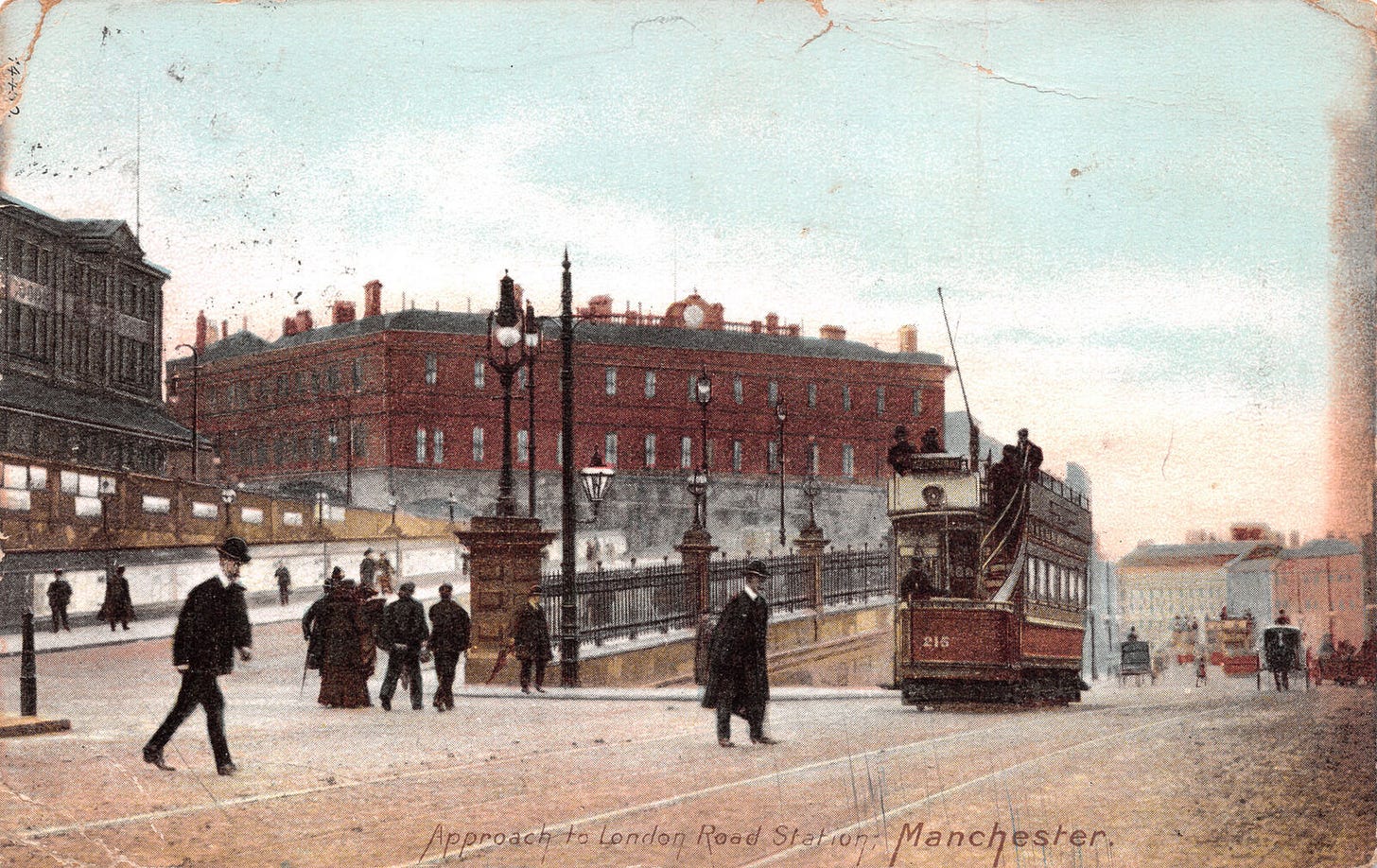How the Manchester Megsmen met their match
Matthew Faulkner had been in Manchester only a few minutes when the Manchester Megsmen tried to steal his life savings. He proved an unlikely adversary
Matthew Faulkner had been in Manchester only a few minutes when they tried to steal his life savings.
A fresh faced farmer wearing a bright green coat in “the most approved country cut”, he stood out a mile as a newcomer as soon as he stepped off his train from Lincolnshire at London Road Station.
Almost instantly he was a marked man — the target of a gro…




